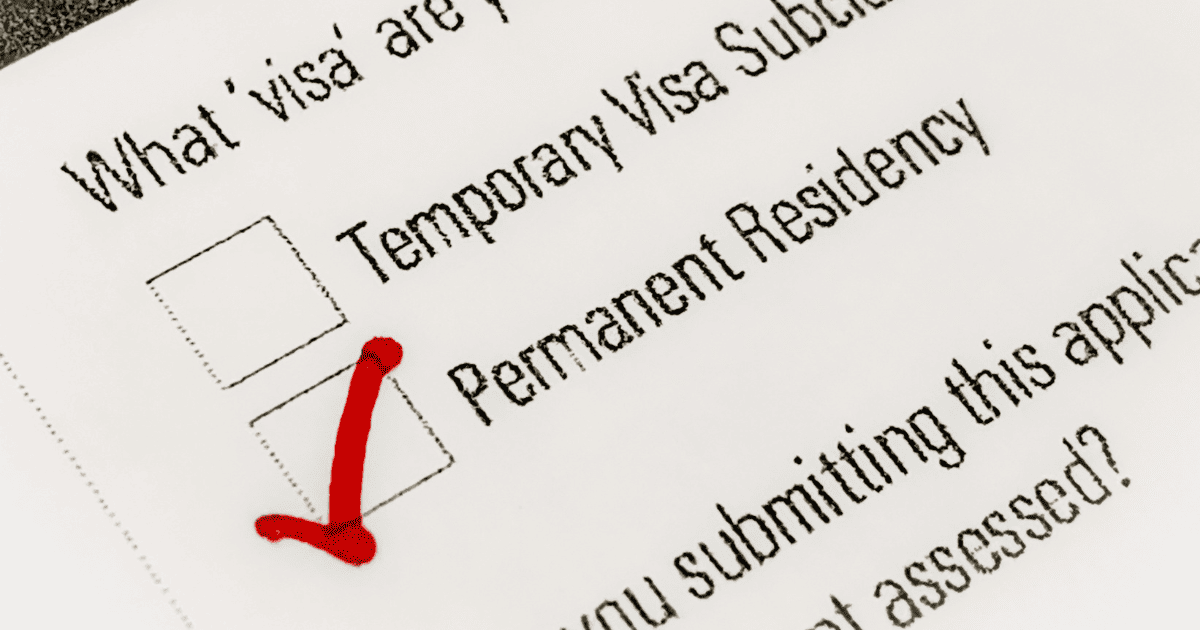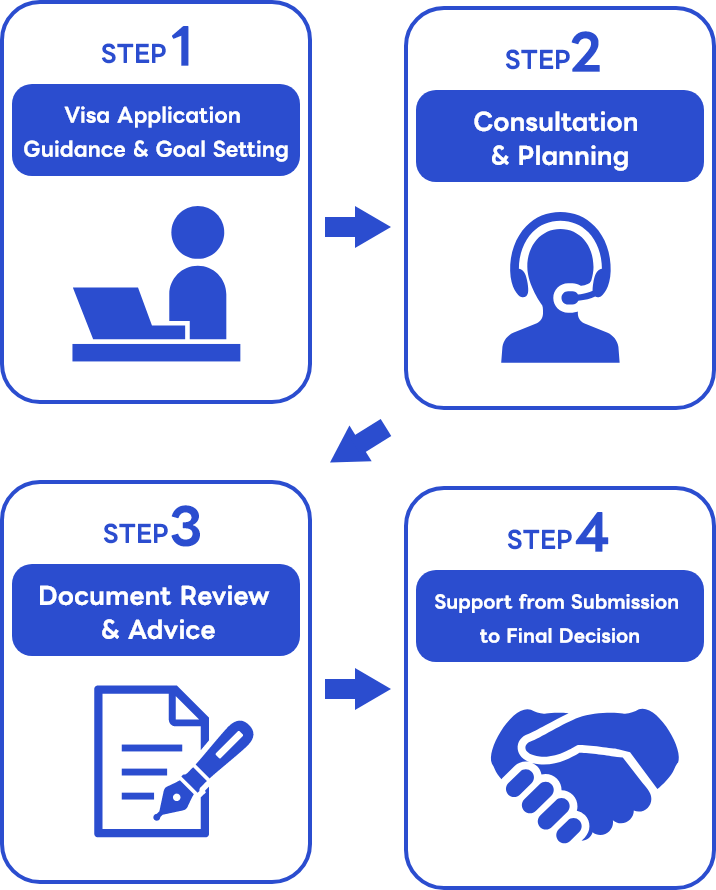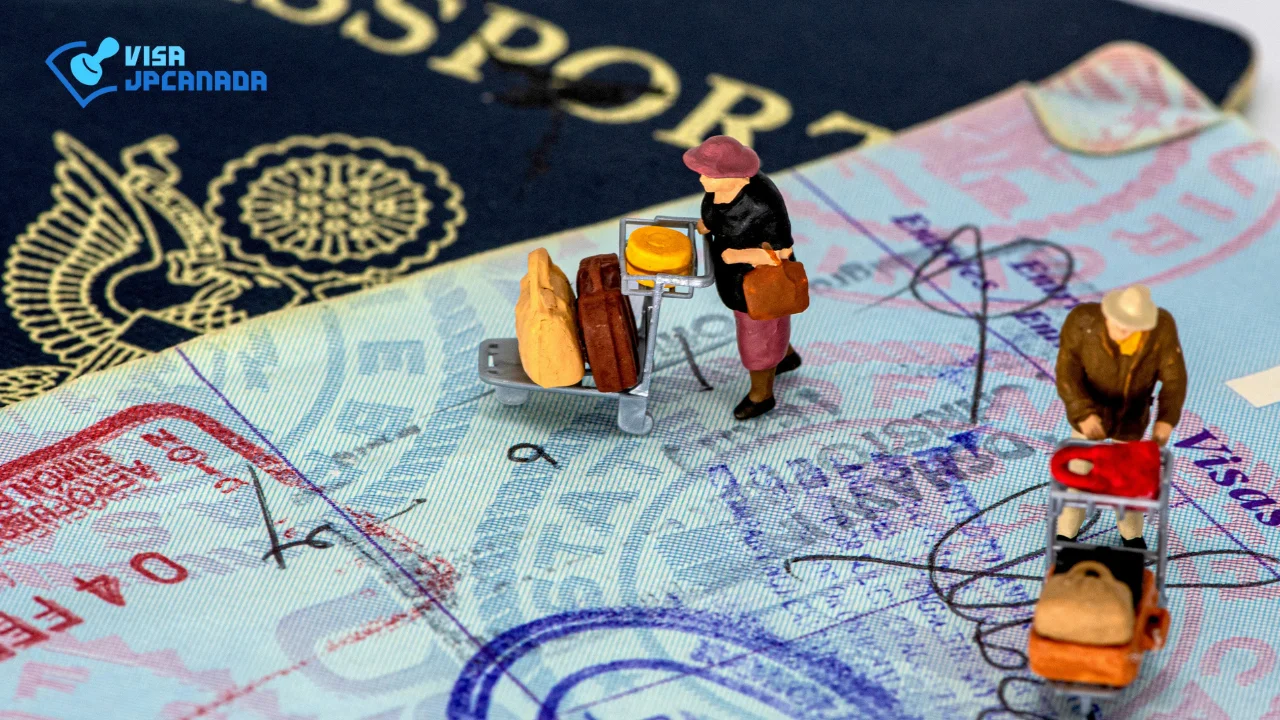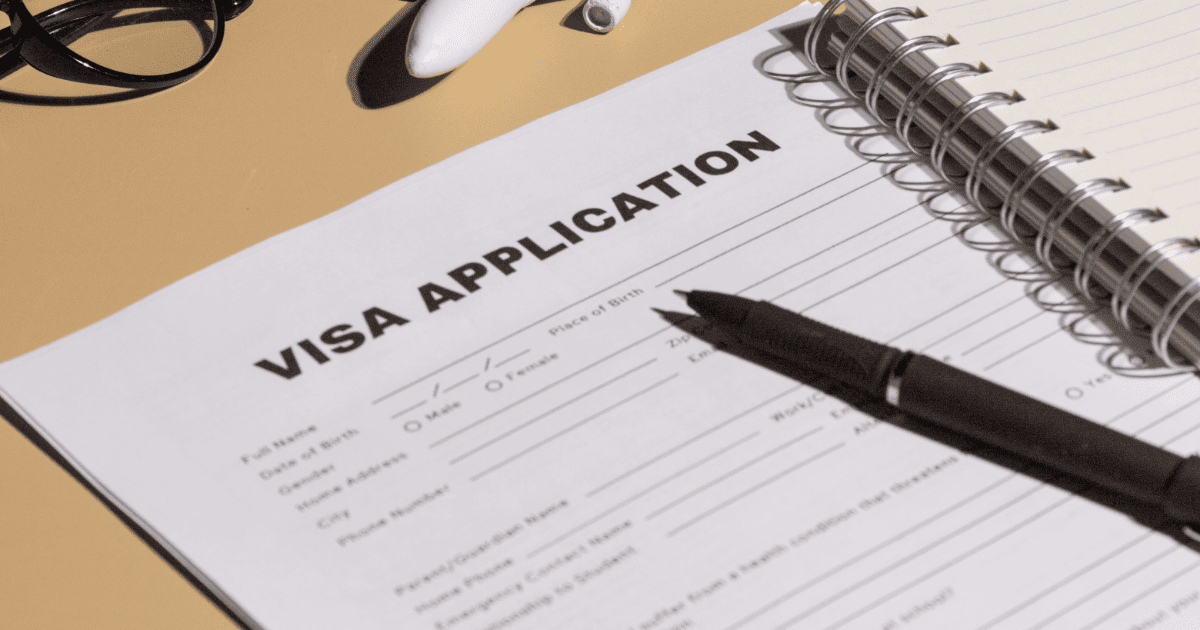When Can Your Permanent Resident Status in Canada Be Revoked?
Date Posted:April 23, 2025
Last Updated:April 28, 2025

Index
- 1 Six Scenarios Where You Could Lose Your Permanent Resident Status in Canada
- 1.1 1. If You Obtain Canadian Citizenship
- 1.2 2. Failure to Meet the Residency Obligation
- 1.3 3. If You Are Issued a Removal Order
- 1.4 4. If Your Refugee Protection Status Is Revoked
- 1.5 5. If Your Refugee Protection Claim Is Revoked
- 1.6 6. If Your Application to Renounce Your Permanent Residence Is Approved
- 2 What Happens After Losing Your Permanent Residence?
- 3 Consulting an Immigration Law Expert About Permanent Residence
Canada Welcomes Over 400,000 New Immigrants Every Year.
Canada welcomed a record number of immigrants last year, and currently, about 75% of Canada’s population growth comes from immigration. The percentage of immigrants in Canada’s total population has increased by 9.3% since 2011 (from 20.7%) and is predicted to reach as high as 30% by 2036.
As of 2021, there were 8 million permanent residents in Canada. The Canadian government releases annual guidelines through its Immigration Levels Plan 2023-2025, which outlines the policy for new immigrant admissions over the next three years. The latest plan (2023-2025) sets a goal to welcome over 400,000 new immigrants each year.
You Could Lose Your Permanent Residency!
The large number of immigrants means that Canada is issuing many permanent residence visas. Most discussions around Canadian permanent residency focus on how individuals can acquire it. However, in this blog, we’d like to focus on the various cases in which a permanent resident might lose their status, providing information for both current permanent residents and those hoping to obtain Canadian permanent residency.
Six Scenarios Where You Could Lose Your Permanent Resident Status in Canada
There are several situations where a permanent resident may lose their status:
1. If You Obtain Canadian Citizenship
A permanent resident who has lived in Canada for at least 1,095 days (3 years) in the past 5 years can apply for Canadian citizenship.
2. Failure to Meet the Residency Obligation
Generally, permanent residents are required to live in Canada for at least 730 days (2 years) during every 5-year period. However, if the following conditions apply, a resident may still fulfill their obligation even if they are living outside Canada:
3. If You Are Issued a Removal Order
A removal order can be issued if a permanent resident is convicted of a serious crime or due to other legal issues.
4. If Your Refugee Protection Status Is Revoked
The IRCC may determine that a permanent resident who arrived as a refugee no longer requires protection for various reasons, such as:
- Voluntarily renouncing protection from their country of origin.
- Regaining their original nationality.
- Acquiring a new nationality and enjoying protection from that country.
- Returning to the country where they initially sought refuge.
- The reason they sought protection in Canada no longer exists.
5. If Your Refugee Protection Claim Is Revoked
If it is discovered that a refugee claimant has intentionally provided false or misleading information related to their application, their refugee protection may be revoked.
6. If Your Application to Renounce Your Permanent Residence Is Approved
A permanent resident may voluntarily renounce their status (known as “Renounce”) if they no longer intend to live in Canada for the long term.
What Happens After Losing Your Permanent Residence?
What happens after you lose your permanent resident status depends on the reason for the loss.
For instance, if a permanent resident voluntarily renounces their status, they will generally be considered a temporary resident in Canada for up to 6 months, unless one of the following occurs:
- They apply to renounce their status directly at the port of entry when entering Canada.
- They are not in Canada on the day their temporary resident status is approved.
Consulting an Immigration Law Expert About Permanent Residence
Understanding the details of permanent residence in Canada can be complex, and it is easy to get confused. However, by consulting with an immigration law expert (such as a lawyer or consultant), you can resolve issues more accurately and easily.
Benefits of consulting with a professional include:
- Significantly shortening the preparation time for applications.
- Ensuring accurate submission of applications.
- Representing the applicant before the Canadian government.
- Avoiding unnecessary delays during various application steps by using professional expertise.
Feel free to reach out to us anytime via the contact page for more information or assistance!
Related Columns

Date Posted:February 5, 2026
New Brunswick Immigration Tightens PR Selection|Who Still Has a Realistic Path and Who Must Rethink Strategy

Date Posted:January 29, 2026
Express Entry:Four Strategic Lessons from the Largest Draw in History on
Related News
Looking to obtain permanent residence or a visa?
Consult with us now!

Applying for permanent residence or a visa to Canada on your own can be overwhelming due to the large number of required documents, and you may feel uncertain about whether everything is correct. However, if you're serious about immigrating to Canada, we strongly recommend seeking the support of an immigration consultant. There are many pathways to obtaining permanent residence, depending on factors such as your age, occupation, and family status. With the help of an expert, you can ensure that you plan the right approach tailored to your specific situation.
A professional immigration consultant will help solve your concerns
Get a free Counseling now
From immigration planning to application submission,
everything is completed with Visa JP Canada


Consulting with an immigration consultant makes the process clearer and much smoother. You’ll feel more confident with document submissions and procedures, significantly reducing the risk of mistakes. Take the first step toward your Canadian dream with the guidance of an expert.
Free Counseling
Tag list
Popular Rankings

2025年10月3日
PNP and AIP Program Updates: Growing Restrictions Across Canadian Provinces (As of July 2025)
Index1 Nova Scotia2 Yukon3 New Brunswick4 British Columbia (BC)5 Northwest Territories6 Summary In 2

2025年8月21日
A New English Test for Permanent Residence Applications – TOEFL Essentials to Be Added
Index1 What is TOEFL Essentials?2 Which Immigration Programs Will Accept It?3 Important Note – Not Y

2025年4月28日
PR Card Renewal and Residency Obligation for Permanent Residents
Index1 Residency Obligation2 Determining Whether the Residency Obligation Has Been Met3 How to Calcu

2025年12月16日
10 Critical Mistakes That Can Jeopardize Your PGWP Application— The 180-Day Rule and the Reality of Processing Delays
Index1 1. Completing a Program That Is Not PGWP-Eligible1.1 What to do2 2. Failing to Maintain Full-




